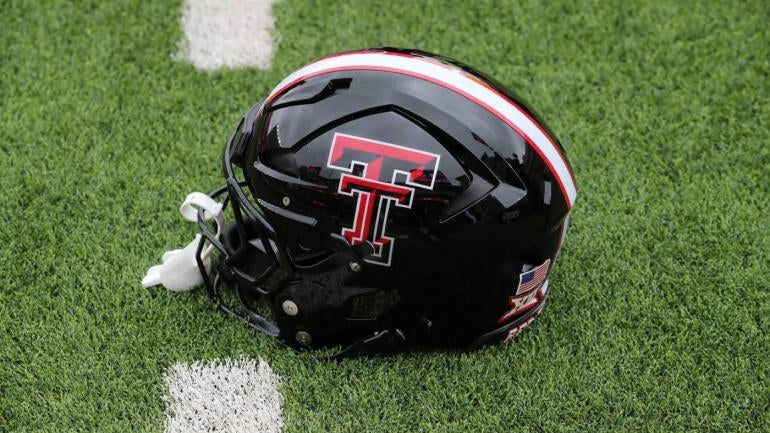
The Big 12 completed its review of college football’s new helmet communications system and found that no Big 12 games were compromised by any reported issues, according to a statement. The inquiry began when Texas Tech asked the conference for a report from two recent games to ensure that a flaw in the helmet communications system did not factor into the results.
Specifically, the school asked for a review its 59-35 loss to Baylor on Oct. 19 and a Week 9 35-34 loss to TCU.
“Following the industry-wide concerns surrounding helmet communications, the Big 12 conducted a review of conference games and helmet communications processes to address any issues member institutions raised regarding this matter,” the conference said in a statement to ESPN. “The review showed that at no point was any Big 12 competition compromised.”
The Big 12 noted that all programs now have an encryption update that makes it more difficult for opponents to access the channels that in-helmet communications utilize.
Texas Tech’s original request came amid concerns that opponents may have been able to tap into unencrypted frequencies to listen in on coach-to-player communications.
“We’ve got to have a game whose integrity is not questionable in any way on a Saturday afternoon,” Texas Tech athletic director Kirby Hocutt told ESPN. “We owe it to the 120 young men on our football team to ensure that happens, that it’s a game of fair competition and the same set of rules are enforced.”
An issue in the technology used by teams for pre-snap discussions was first discovered prior to a game between Texas A&M and Arkansas in September, according to the Athletic.
The NCAA approved the implementation of coach-to-player helmet communications in April, clearing the way for pre-snap conversations that mirror what’s allowed in the NFL. Coaches are allowed to communicate with one player, who is identified by a green dot on the back of their helmet. That line of communication is turned off with 15 seconds left on the play clock or when the ball is snapped, whichever occurs first.









